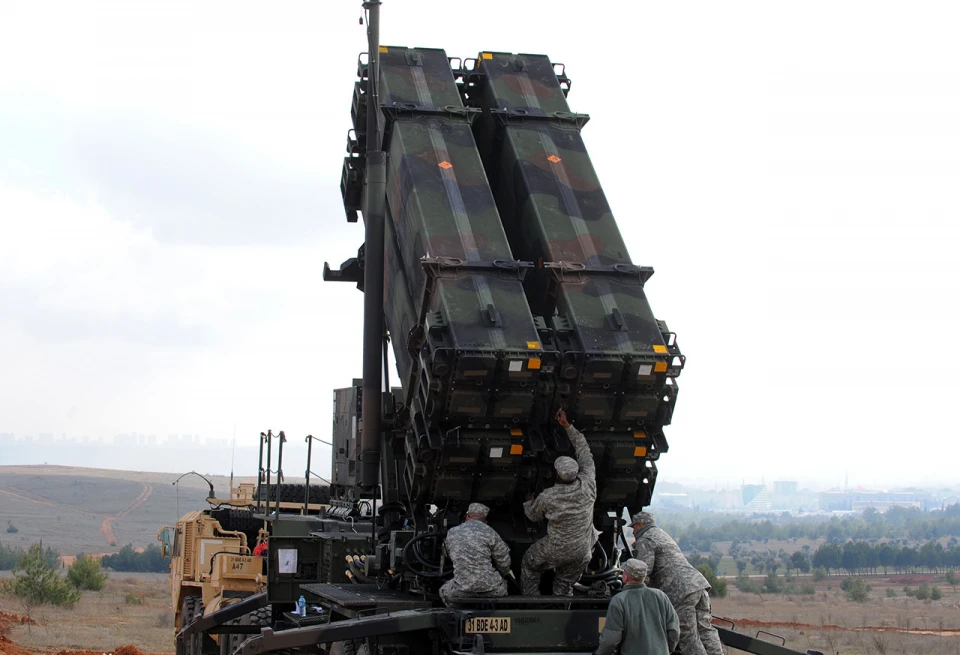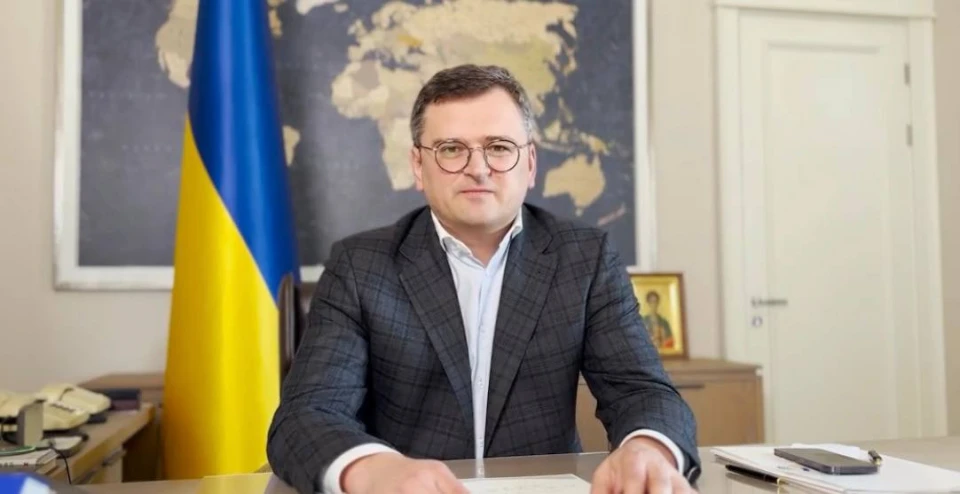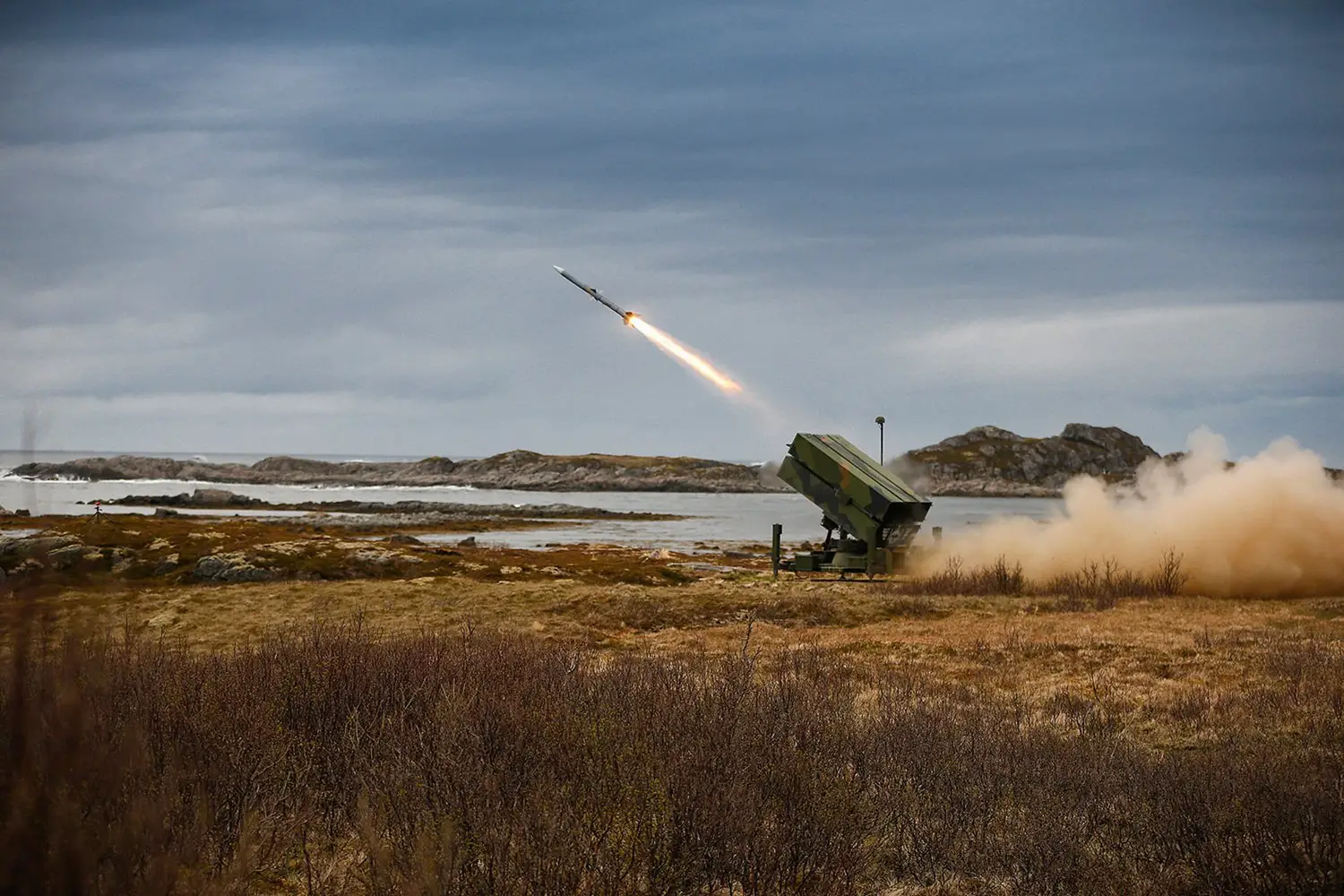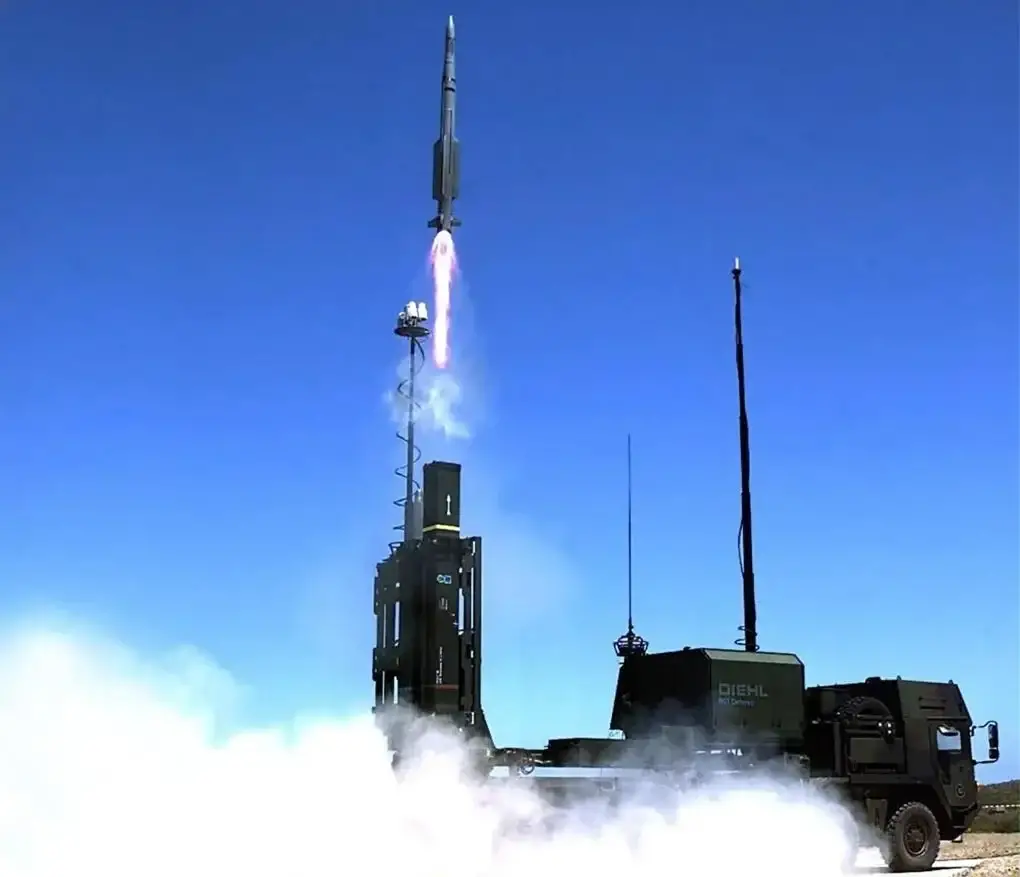The Mafia Revolt in Ecuador. Causes and consequences
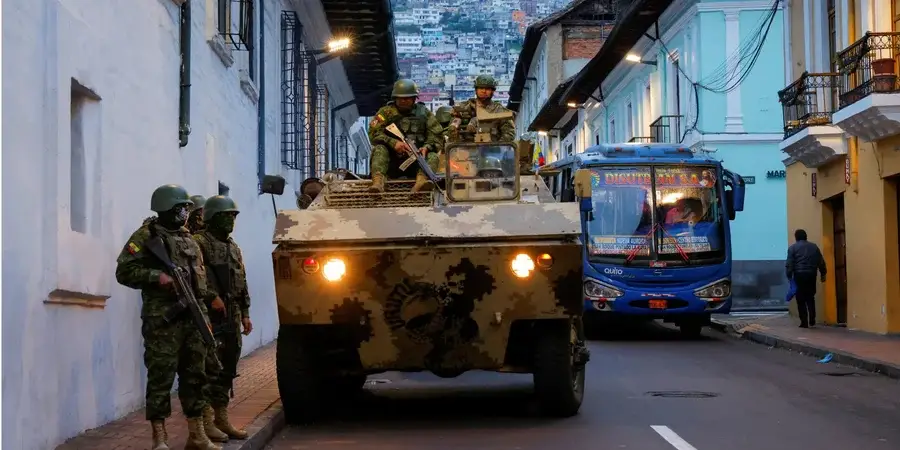
A state of emergency was declared in the country, and 22 mafia groups were recognized as terrorist organizations
Ecuador has long been struggling with drug-related problems. There are several large drug cartels in the country that are in conflict with each other and have significant influence on government agencies.
On January 7, the leader of one of the drug cartels, Adolfo "Fito" Macias, escaped from prison in Guayaquil. In 2011, he was sentenced to 34 years in prison for crimes such as drug trafficking and murder. The guards who accompanied him during his transfer to another cell were accused of facilitating his escape.
As a result of Fito's escape and the prisoners' capture of the guards, massive riots took place, including explosions in various cities, kidnapping of police officers, seizure of hospitals and car arson. These events led to civilian deaths. President Daniel Noboa declared a state of "internal armed conflict" and issued an order to the security forces to "neutralize" several criminal groups.
Admiral Jaime Vela Erazo, head of the Joint Command of the Ecuadorian Armed Forces, promised "not to retreat or negotiate" with the armed groups.
For a long time, Ecuador was a relatively peaceful region located between the two main cocaine producers - Colombia and Peru. However, in recent years, drug trafficking, both internal and external, involvement of Colombian, Peruvian and Albanian groups, has become more active in the country.
The number of murders in Ecuador quadrupled between 2018 and 2022. In 2022 alone, 7,800 people in the country of 17 million fell victim to violence. In the same period, the police recorded a record amount of confiscated drugs - 220 tons.
An additional problem has been bloody clashes in prisons: more than 460 prisoners have died since February 2021.
According to the British newspaper Financial Times, the heyday of the mafia in Ecuador began under leftist President Rafael Correa, who ruled the country from 2007 to 2017. Under his government, the authorities did not pay much attention to drug trafficking through Ecuadorian ports on the Pacific Ocean, focusing mainly on reducing violent crime. However, the growth of drug trafficking led to the spread of gang violence, and Correa's successors failed to deal with this problem.
During this period of calm, criminal organizations have spread even to the spheres of power, and so President Daniel Noboa, elected in October 2023, is taking active measures to fight crime. He is trying to reduce the influence and control of criminal groups in prisons. He has previously promised to militarize prison guards, increase sentences and isolate the most influential criminals, including the recent fugitives, Fabrizio Colón and Adolfo Villamar.
Last week, Noboa expressed his intention to follow in the footsteps of El Salvador's popular President Nayib Bukele by building two maximum security prisons using the same company and design as in El Salvador.
So now the gangs are trying to resist the young president's innovations. In addition, the rise in violence in Ecuador is also linked to competition between the increasingly numerous local criminal groups that use brutal intimidation tactics taken from Mexican drug cartels.

